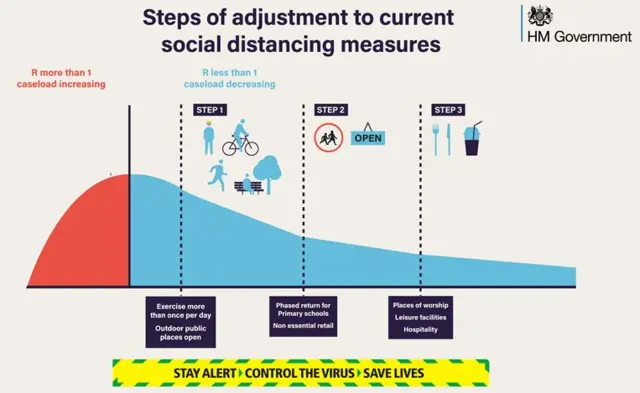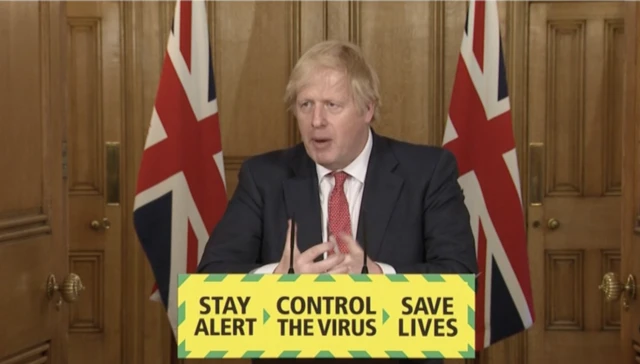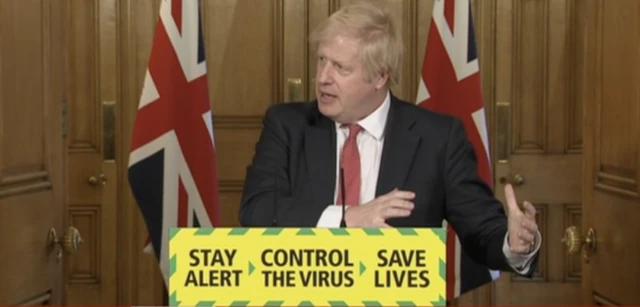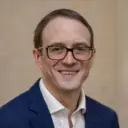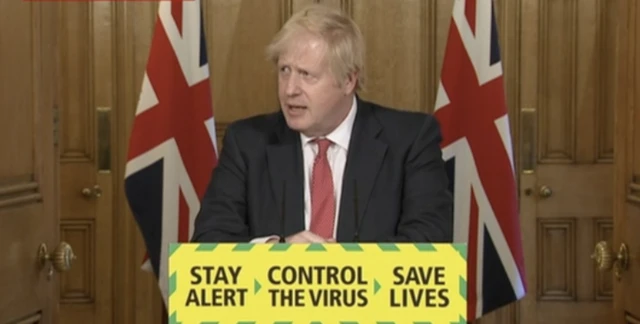Analysis: We may need to get used to living with viruspublished at 20:03 BST 11 May 2020
 Nick Triggle
Nick Triggle
Health Correspondent
The clear message from the prime minister and both his most senior health and science advisers throughout the briefing was that we may need to get used to living with the virus.
There was an acceptance that a vaccine may never be developed and as we gradually emerge from lockdown, while we can minimise risks, we can never eradicate them altogether.
In short, we have to adapt and move forward.
